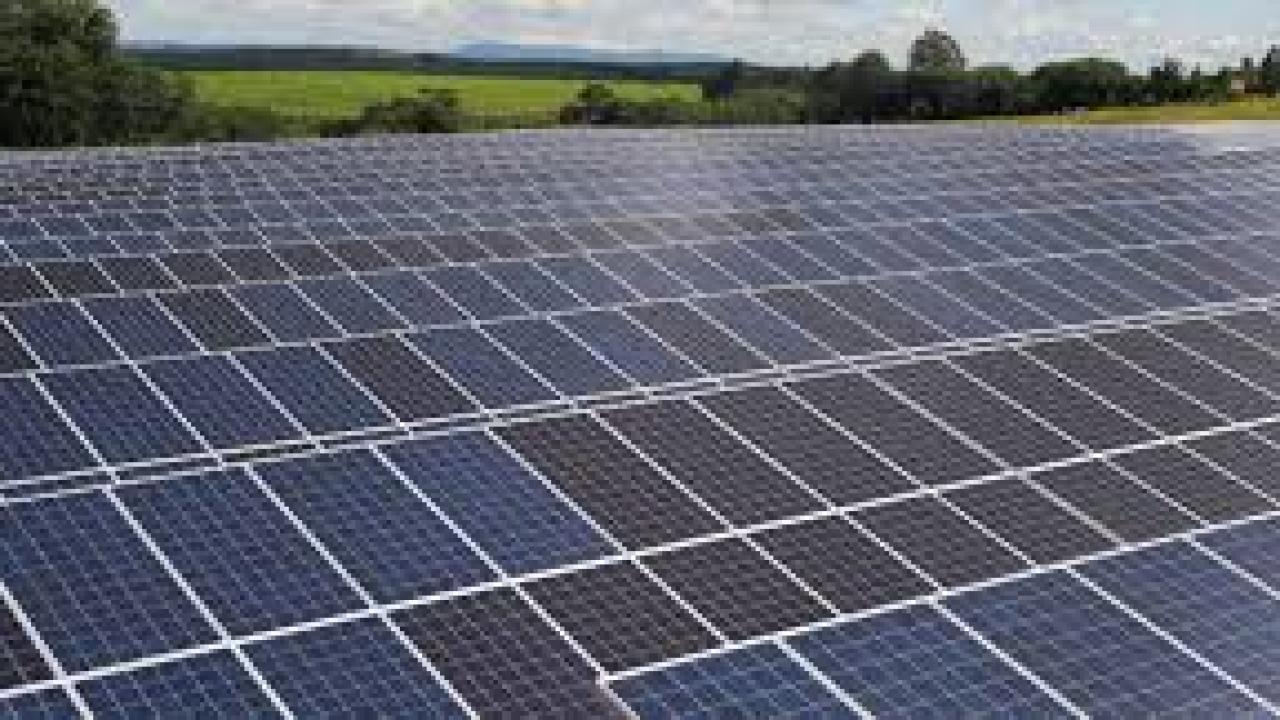
The company installed 243 solar panels, which would generate 192,039 kWh, equivalent to the consumption of 50 Panamanian families.
Celsia, from the Argos group, expanded the scope of its operations in Panama, with the inauguration of a solar farm in collaboration with the National Brewery.
The facility has 243 state-of-the-art solar panels, each with a power of 560 W, adding a total of 140 kWp. In addition, 5 20 kW inverters have been installed to guarantee efficiency and reliability in the generation of clean energy.
The solar farm will generate 192,039 kWh of clean energy annually, which is equivalent to the consumption of 50 Panamanian families. This represents a reduction of 67.5 tons of CO2 per year, equivalent to planting 3,750 mature trees.
Javier Gutiérrez, leader of Celsia Centroamérica, expressed his satisfaction with the inauguration of the solar farm, which is just the beginning of many future efforts to promote sustainable and responsible development in Panama.
In collaboration with Cervecería Nacional, they plan to launch six more solar systems in their distribution centers in Majagua, Veraguas, Herrera, Las Sabanas, San Cristóbal and Darién.
For his part, Eloy Lever, Director of Corporate Affairs at Cervecería Nacional, highlighted that the company has been working on a solid sustainability strategy for more than five years. “Today we mark a milestone that fills us with emotion and that is a step forward towards being a zero-emissions company,” he said.
Currently, the company has an installed capacity of 51 MW between Honduras, Panama and Costa Rica, and 22 MW under construction, for a total of 73 MW. These initiatives, they say, contribute to the conservation of the environment and the reduction of CO2 emissions.
How does solar energy work?
Renewable solar energy has been a pillar in the energy matrix, especially in countries like Colombia, which suffer strongly during the recent months of El Niño that deplete water resources.
By providing a constant and inexhaustible source of energy, by 2023, Colombia has positioned itself as a leader in the production of solar energy, with about 2.4% of its energy matrix, as reported by XM, administrator of the National Interconnected System ( WITHOUT).
Solar panels capture sunlight, which is made up of small particles called photons. When these photons hit the solar panel, they transfer their energy to the electrons in the panel. This energy allows the electrons to move, creating an electric current. This electricity is then converted into a form that can be used in our homes and businesses.
Thus, solar energy takes advantage of the abundant sunlight to generate electricity in a clean and renewable way.









